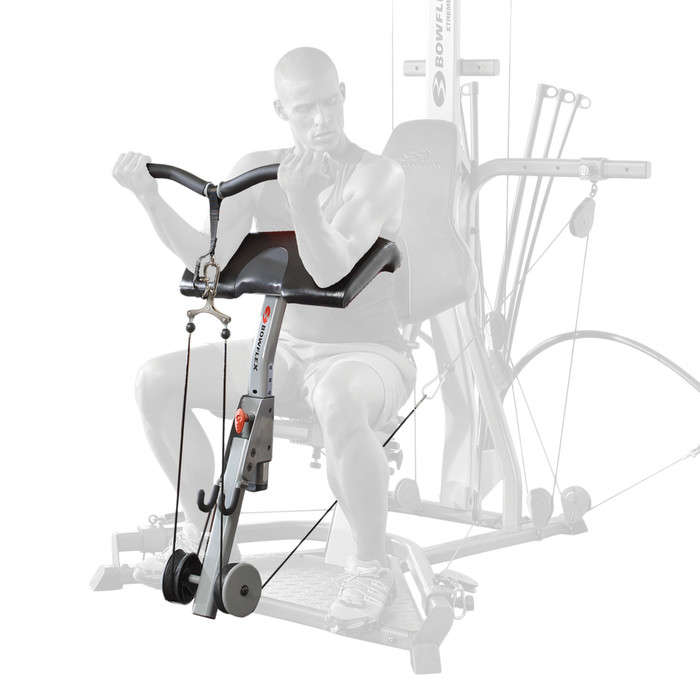Heart Health: The New Skinny on Fats and Cholesterol

Does eating more fat mean you'll get fat? Does a high-cholesterol diet automatically mean you'll end up with high cholesterol levels, putting you at risk for heart disease?
The answer to the above two questions used to be a resounding "Yes," but research over the past few years tells us otherwise. Let's look at the facts around fat, cholesterol, and heart disease.
Fact #1: High fat foods are higher in calories, but this doesn't directly correlate with weight or weight management.
Fat is more calorie dense than the other two macronutrients, protein and carbohydrates. It has a little over twice as many calories per gram! But, it also can help keep you feeling full, help your body absorb vitamins, and is an essential to many of your body's basic functions. To keep it simple, this means try to include small amounts of fat at each meal, like the examples below, and reduce fat from unhealthy foods like fried foods, chips, creamy dressings and sauces, high-fat meat like bacon, sausage, ribeye steak, and high-fat dairy like butter, cheese, and ice cream. Aim for making about 25-35% of your daily calories from healthy fats, or about 45 to 70 grams per day, depending on your calorie needs.
Healthy fat choices include:
- 1-2 tablespoons of peanut butter or nut butter
- 1oz or ¼ cup nuts
- 2 teaspoons oil: Olive, flax, walnut, or grapeseed
- ¼ of medium avocado
- 2 tablespoons of hummus
- 3-5oz Omega-3 rich fish (salmon, halibut, tuna) or grass-fed meat
Bonus Tip: I ALWAYS recommend measuring portions of fat. If you measure nothing else, at least measure out things like oil and nuts.
Fact #2: There is a huge difference between quality of fats and their benefits and risks.
- Trans-fats are in processed foods and are chemically altered to make foods last longer. This is the worst type of fat for you in terms of heart health. Look for trans-fats or partially hydrogenated oil on food labels and avoid these foods.
- Saturated Fats are mostly found in animal foods like meat and dairy, although plant sources of saturated fats include coconut oil and palm kernel oil.
- Unsaturated fats are found in plant foods such as nuts, avocado, fatty fish, and plant oils. This is the type of fat you want more of (see examples listed above).
Fact #3: Heart health is a complex condition with multiple contributing factors requiring a comprehensive lifestyle approach.
Adopting a lower-fat diet and reducing the unhealthy fats mentioned above can help many people improve heart health, but it takes consistent exercise, stress management (this is key, but often overlooked!), good sleeping habits, and looking at everything on your plate and glass to reap the most benefit and hopefully prevent heart disease.
Fact #4: High cholesterol foods have little to no effect on blood cholesterol levels.
This might be the most important revelation made in the past few years. You can now go back to eating the whole egg, which contains most of the nutritional content, instead of egg whites. Shrimp is no longer on the "Do Not Eat" list as well. In fact, sugar and refined carbohydrates like white bread, desserts, and snack foods have a more significant impact on cholesterol levels than foods like eggs, shrimp, and cheese.




























